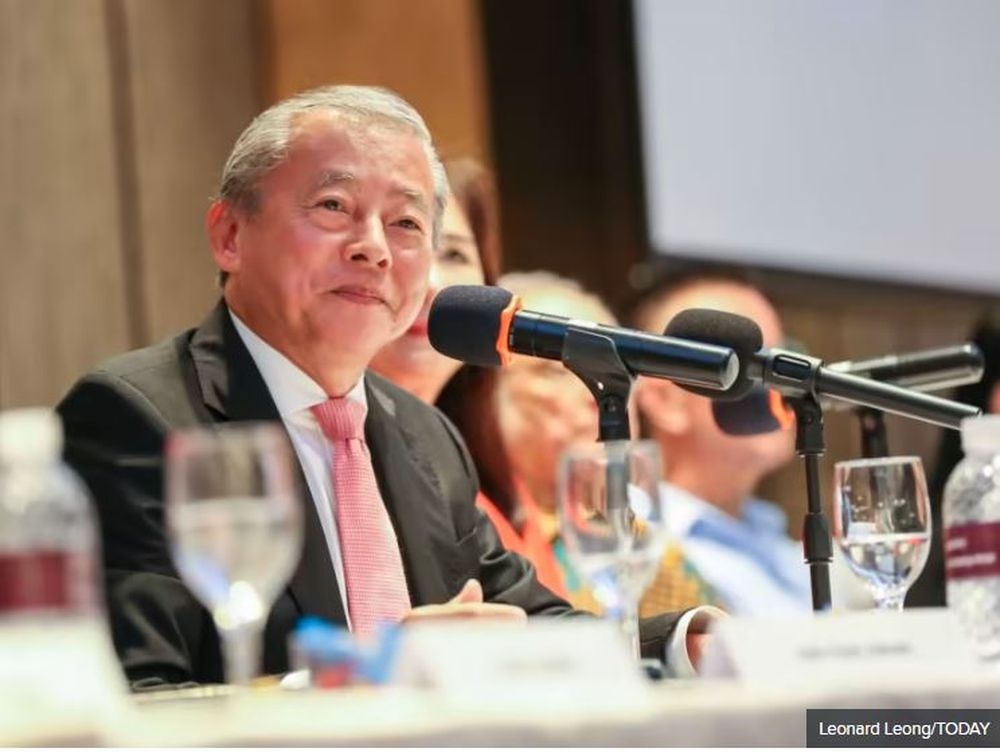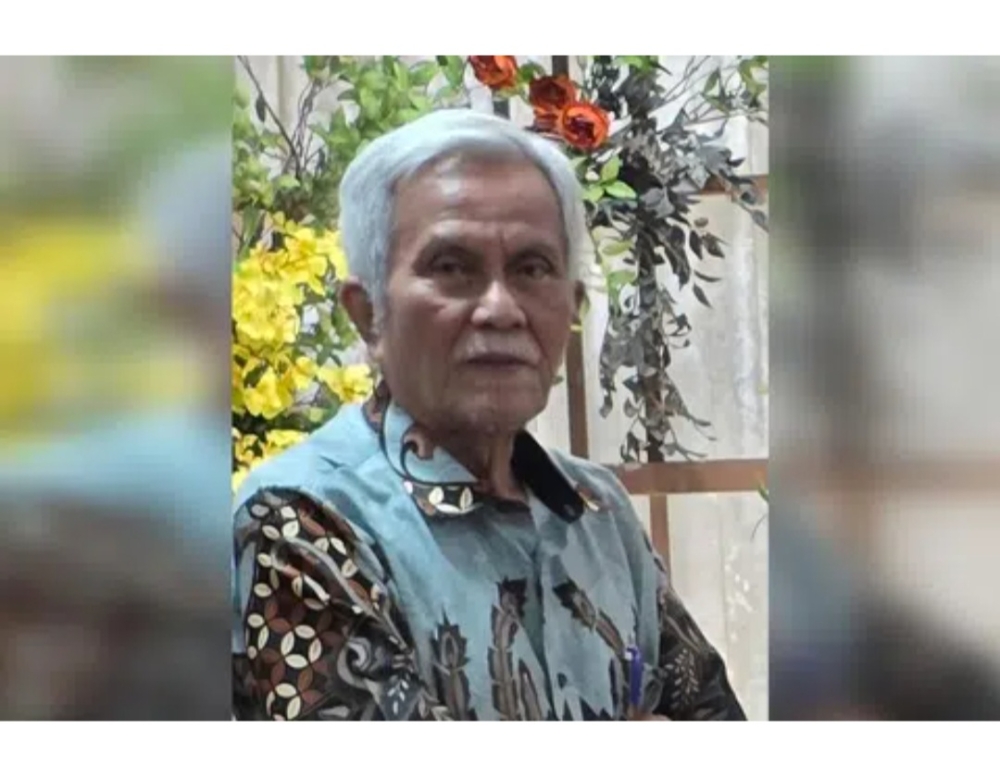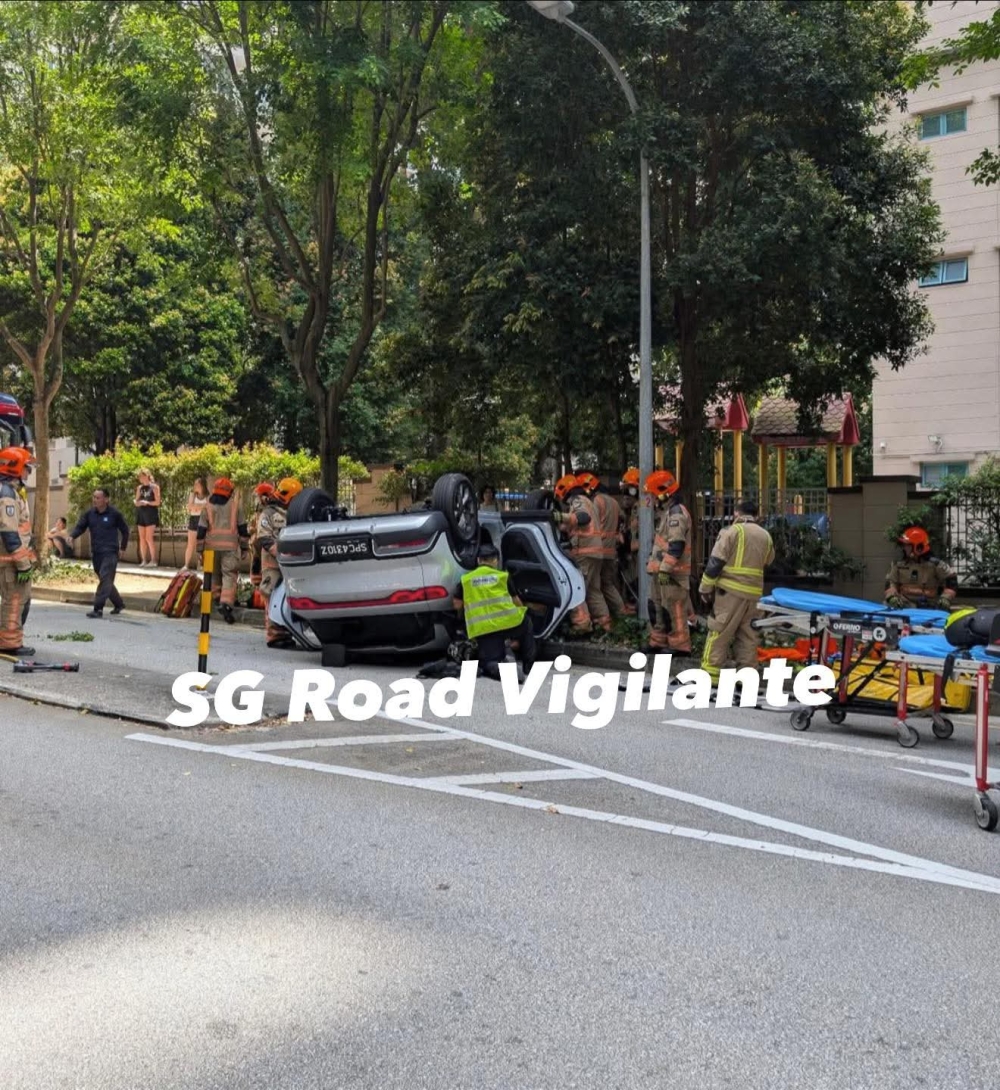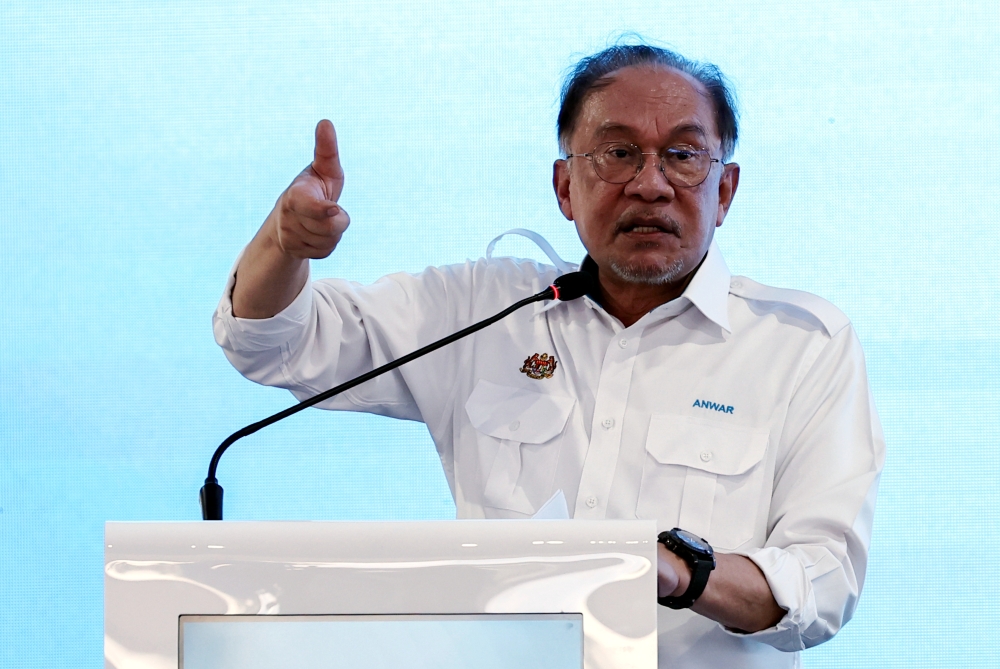SINGAPORE, Aug 4 — After submitting his application for a certificate of eligibility to contest the coming Presidential Election, Harvey Norman Ossia founder George Goh said today that he is a "serious candidate", pointing to his group of five companies with a combined shareholders' equity of more than S$1.5 billion over three years.
Declining to name the companies, Mr Goh said that all five of them have been profitable every year for the last three years.
This is the first time that Mr Goh has mentioned these five firms. Previously, the 65-year-old entrepreneur had said that his companies have a “collective market capitalisation value of S$3.15 billion”.
Speaking at a press conference at Sheraton Towers after submitting his papers, Mr Goh said that he has planned for this day since 2017, when he first heard the changes to the eligibility criteria for private sector candidates.
"They are very stringent conditions; very few people can qualify," he said.
Under the previous requirements, candidates must have served as chairman or chief executive officer (CEO) of a company with at least S$100 million in paid-up capital.
With the 2016 change, prospective candidates now must have served as the CEO of one company, or be the most senior executive running the firm, for at least three years.
In addition, the company must have at least S$500 million in shareholders’ equity during the person's most recent three-year period as CEO and have been profitable after tax for the entire time that the candidate served as CEO.
Providing a breakdown of the numbers, Mr Goh said that the combined profits after tax from the five companies over the past three years was S$377 million.
The total shareholders' equity for these companies for the past three years is S$1.521 billion, with an average yearly shareholders' equity of S$507 million.
Mr Goh said that he is the most senior executive in each of these companies.
In response to a question from the media about why he is confident he will qualify through the deliberative track, Mr Goh reiterated that he fulfils the Presidential Elections Committee's considerations of being the most senior executive of a company, as well as running profitable companies over three years with shareholders' equity of at least S$500 million.
On the point of being the most senior executive, Mr Goh said that a candidate cannot be "number two".
"If I am the CIO (chief investment officer) in my organisation for the private sector, please don't come forward because the CIO most likely ranks number five or six in the organisation," he said, in a thinly veiled jibe at fellow presidential hopeful Ng Kok Song, who was formerly GIC's chief investment officer.
Mr Goh added the chairman is ranked first followed by the deputy chairman, chief executive officer, chief financial officer, chief operating officer and then the CIO.
"If I am in this position in the private sector company you cannot (apply), you have to be the most senior person to apply," he said.
The chief investment officer position is not in the list of public service roles that qualify for the presidency.
Mr Ng had said that he is intending to qualify through the "public sector deliberative track" in the Constitution. This track is for candidates who claim to have the experience and ability comparable to that of those who automatically qualify, and can effectively carry out the functions and duties of the President.
The other contestants vying for the top job are former Senior Minister Tharman Shanmugaratnam and former NTUC Income chief Tan Kin Lian.
Mr Goh said that public sector candidates are "very fortunate" as they do not need to worry about their profits when applying to contest the presidency.
"If you (a public sector candidate) are making a loss, you can still walk into the Istana. For the private sector, if you do not make a profit, you go home. There's no point to even talk about going to the ELD," he said.
On why he did not disclose the name of the five companies, Mr Goh said that fake news is rife.
"I do not want a situation where people put pressure on the company and put out all kinds of things in the market. Then I am not a responsible CEO," he said.
Another question posed to Mr Goh was regarding comments that his lack of experience in the Government leaves him at a disadvantage.
In response, he said that in the private sector, one not only manages the operational side of things but also how the company can extend its investments abroad.
To do this, running a business also involves understanding politics, he said.
Also on the panel at Mr Goh's press conference were his wife Lysa Goh and 10 other people, including former Straits Times editor Han Fook Kwang, Malay-Muslim hawker Hajjah Roziah Adon and Mr Goh's niece, Alicia Cheong who is an education entrepreneur.
However, Mr Goh said that they are not his proposer, seconder and assenters, but rather the "ordinary heroes".
"These are the people who represent 80 to 90 per cent of Singaporeans," he said.
Mrs Goh said that she had fully supported her husband since when she first heard his plans in 2017 because she knew his heart was "for the people".
"And I've been following him to many events because we work as a team, we have always been," she said.
Mrs Goh added that she also had to prepare the family by having "honest conversations" with their children. — TODAY





















